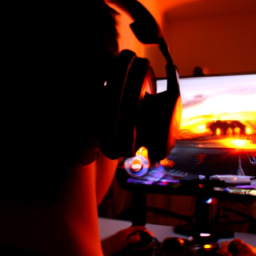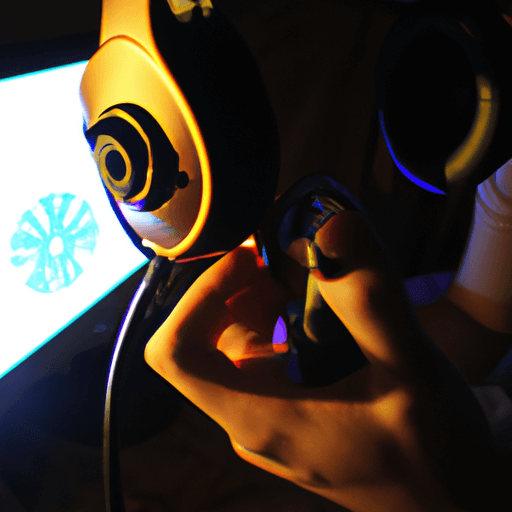373
Newsletter
Subscribe to our newsletter for exclusive content, latest news and trends, and exciting new features.
Categories
Food and cookingEntertainmentMusic and EntertainmentSports and fitnessTravel and tourism
Health and wellnessArts and cultureEducation and learningLiterature and writingPets and animalsHome and gardenEnvironment and sustainabilityBeauty and personal careScience and natureGaming and esportsTechnologyBusiness and entrepreneurshipLifestyle




















Comments
Leave a Comment